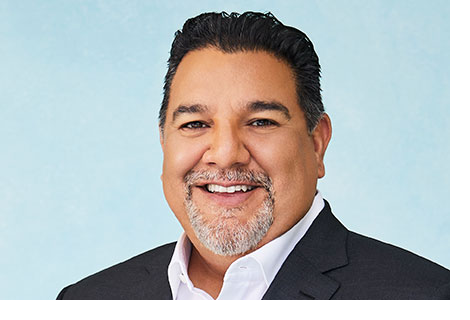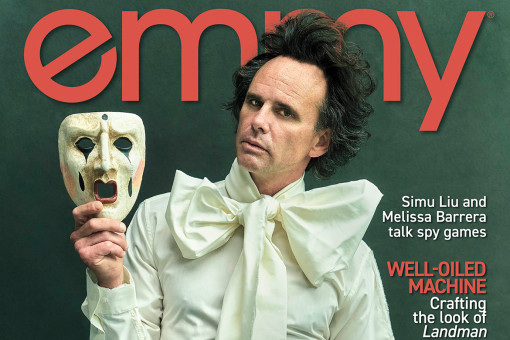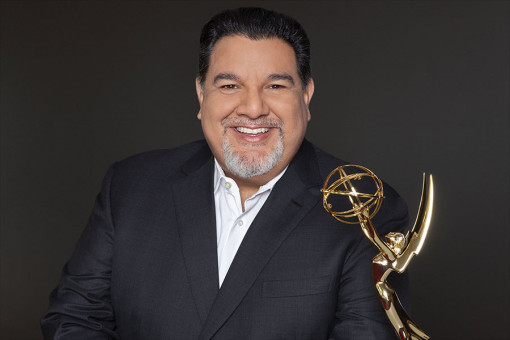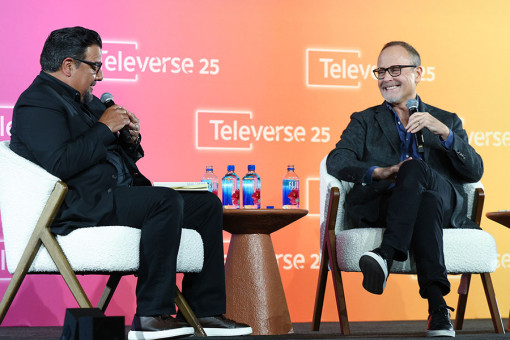 Last summer, Variety's Clayton Davis sounded alarm bells with this headline: "Black Women Executives Are Exiting Leadership Posts and Hollywood's Doing Nothing About It." After a period marked first by outrage over the horrific murder of George Floyd and reflections on Hollywood's complicity, and then by a series of diversity pledges and high-profile hires at the studios, it felt like the golden age of inclusion in Hollywood might be coming to a premature halt. And there was still so much work to be done.
Last summer, Variety's Clayton Davis sounded alarm bells with this headline: "Black Women Executives Are Exiting Leadership Posts and Hollywood's Doing Nothing About It." After a period marked first by outrage over the horrific murder of George Floyd and reflections on Hollywood's complicity, and then by a series of diversity pledges and high-profile hires at the studios, it felt like the golden age of inclusion in Hollywood might be coming to a premature halt. And there was still so much work to be done.
Davis's article spurred others. While some sought to ease the industry's anxiety by contextualizing the transitions of the DEIA execs that Davis had identified, others highlighted additional concerning trends, including the cancellation of shows with inclusive casts. Many feared that with two strikes looming and the industry contracting, the financial squeeze would have a catastrophic impact on commitments that followed that "summer of racial reckoning."
And yet, from my seat, both as the Television Academy chair and as an entertainment executive, diversity, equity, inclusion and accessibility have never been more critical. Even beyond the vital workforce issues, audiences' demand for content that represents authentic, diverse worlds has exploded, a fact evident during the last television season, where programs like BEEF, Abbott Elementary, RuPaul's Drag Race and Reservation Dogs and stars like Ali Wong, Ayo Edebiri and Pedro Pascal drew audiences, accolades and eventually awards recognition.
Our cover story in this issue of emmy, which introduces a beautiful redesign, drives home the point on evolving audience sensibilities. As writer Rene Chun notes, the second major adaptation of James Clavell's Shōgun, now on FX, rebalances the power dynamic of the 1980 original, centering Japanese characters and perspectives rather than perpetuating the "stranger in a strange land" approach. Old tropes just won't do — today's sophisticated audiences seek nuance, complexity, authenticity. With a U.S. population that's more diverse than ever, ensuring that our businesses, and yes, our Academy, reflect that diversity is imperative.
In February, our Academy released its 2024 Impact Progress Report, itself a result of 2021 commitments. Now viewable at TelevisionAcademy.com, the Report analyzes membership perceptions of the Academy's DEIA progress and measures key demographics. While the progress is encouraging — including an uptick in the sense of community amongst members and an increase in the demographic diversity of Academy membership — there is still much work ahead.
All members would like more opportunities for engagement and communication with the Academy, as well as professional resources. Additionally, we must focus more attention on members with disabilities, ensuring accessibility across events and programs. And that sense of belonging in the Academy must increase and align with real belonging across our industry. In short: Real progress requires sustained effort. The current situation was created over decades (even centuries), and it will not be unmade with pronouncements and press releases, but rather with thoughtful, steady work by all of us across our Academy, our membership and our industry. Our audiences require it. Our business demands it. I remain committed to it. Onward!










